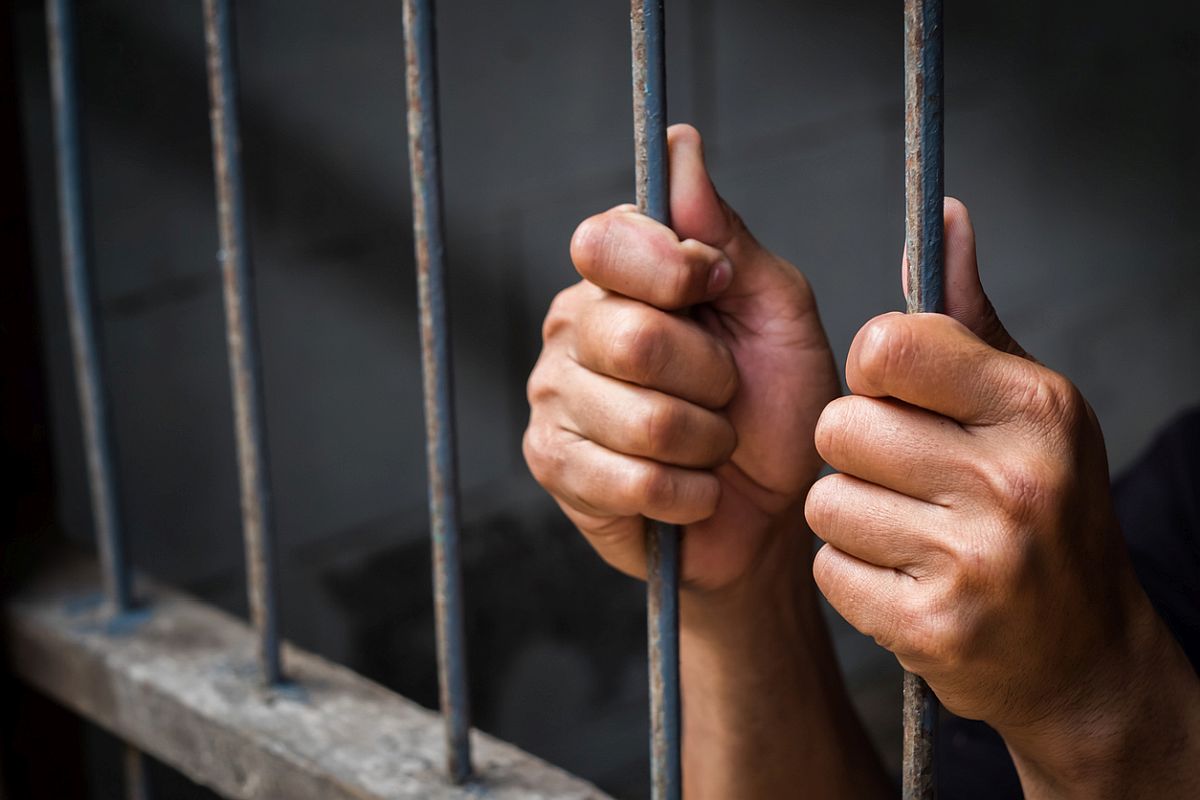On 21 August, 2006, records show that I weighed 73 kilos. When I was weighed a week ago, the scale registered just 39 kilos. In the last 14 years at Guantánamo Bay, nearly half of me has disappeared.
In total, it has now been 18 years since I was kidnapped and handed over to US forces, to be tortured in Afghanistan and flown halfway across the world to this island gulag. Of the original 780 prisoners, 740 have been released, but here I am, thousands of miles from my wife and children — including Jawad, who is 17, and who I have never had the chance to touch.
Advertisement
Can you imagine one of your children being almost adult, yet you have never touched him? My hunger strike is a peaceful protest against this indefinite detention without trial. Nobody suggests I have ever committed a crime.
The US military are paranoid about people escaping, though it is hard to think where I might go: there are 100 soldiers for each detainee, along with the second largest landmine field in the world after Korea, plus the shark infested Caribbean sea.
Yet I have an escape plan: I am going to gradually vanish. I like to think that almost half of me has found freedom already, though I am so thin I can now feel my thumb and finger when I pinch where my stomach ought to be.
This is despite them force feeding me with tins of Ensure, deliberately hurting me in the process. Twice a day they take me to the ‘torture chair’.
They say I go voluntarily, but if I do not walk there in my shackles, they send a team of guards to throw me to the floor and violently drag me out of my cell — and then punish me afterwards for refusing to comply. I may as well get there on my own two feet.
They strap me in and a military nurse uses a 110-centimetre tube on me. It is painful and I get a splitting headache each time they do it, but I am used to that. What I can never accept is being used as a sub-human guinea pig for the nurses to learn the job. Soldiers come and go every few months, but I remain. I try to teach them how to do it, as I am an expert by now: after seven years of hunger striking, on and off, I have probably had a tube stuck up my nose more times than anyone else on the planet.
In each new six-month deployment there are one or two who can’t get it round the top of my nose, or send the tube into my lungs instead of my stomach. (They have to blow air in first to show where it went — or else I would drown in protein shake). One soldier I have at the moment is just untrainable, I don’t think she’ll ever get it right, no matter how many times she tries.
Mine is a fairly desperate strategy, particularly for someone like me. Back in another world, before I was kidnapped, when I was not driving a taxi around Karachi I would be cooking for my friends and family. Preparing and eating food is one of life’s great pleasures, and I do not give it up lightly.
To distract myself from my misery, I have been working on a cookbook. My family is originally from the Rohingya minority that has suffered from Burmese genocide, so we are used to being mistreated. One of my dishes is Rohingya ‘Strappado Chicken’, so named as you must hang the chicken rather like they dangled me in the ‘Dark Prison’.
A ‘Guantánamo Diet Book’ would be rather shorter — you just stop eating. What else am I supposed to do? What would you do if you had lost 18 years of your life, with no end in sight? The freedom to refuse food — to starve myself in protest against this terrible injustice — is the only freedom I have left.They tell me that I am not ‘cooperating’ with them. They told my lawyers if I testified against some of the high-value detainees, I could go home.
But they wanted me to repeat what I said during 540 days in their ‘Dark Prison’ in Kabul, where they hung me from an iron bar in a pitch dark pit. (That is a form of torture that was cal-led ‘Strappado’ 500 years ago in the Mid-dle Ages, yet is sadly something the US used on me in the 21st century — the pain as your shoulders gradually dislocate is excruciating.)
But I have lines I will never cross, and I said I could not ‘cooperate’ in repeating lies that I made up to get them to stop torturing me.
I know nothing about terrorism, and it is ironic that unless I swear to these lies, I am labelled a terrorist myself. I’ve done a lot of ‘cooperating’ — following their stupid rules or taking part in their “Periodic Review Board” even though President Donald Trump tweeted he would not let anyone go — but no matter how much I do this, I am still here.
So I will maintain my peaceful protest, aiming to lose another 17 pounds, down to about 70. I suppose in the end, if I keep going, I will not survive. But I was recently 51 years old, and have had the prime of my life taken from me. If they won’t let me return to my wife and children soon, the rest of me may as well go home in a box.
The writer is a former taxi driver from Karachi held prisoner by the US for 18 years without charge or trial.











